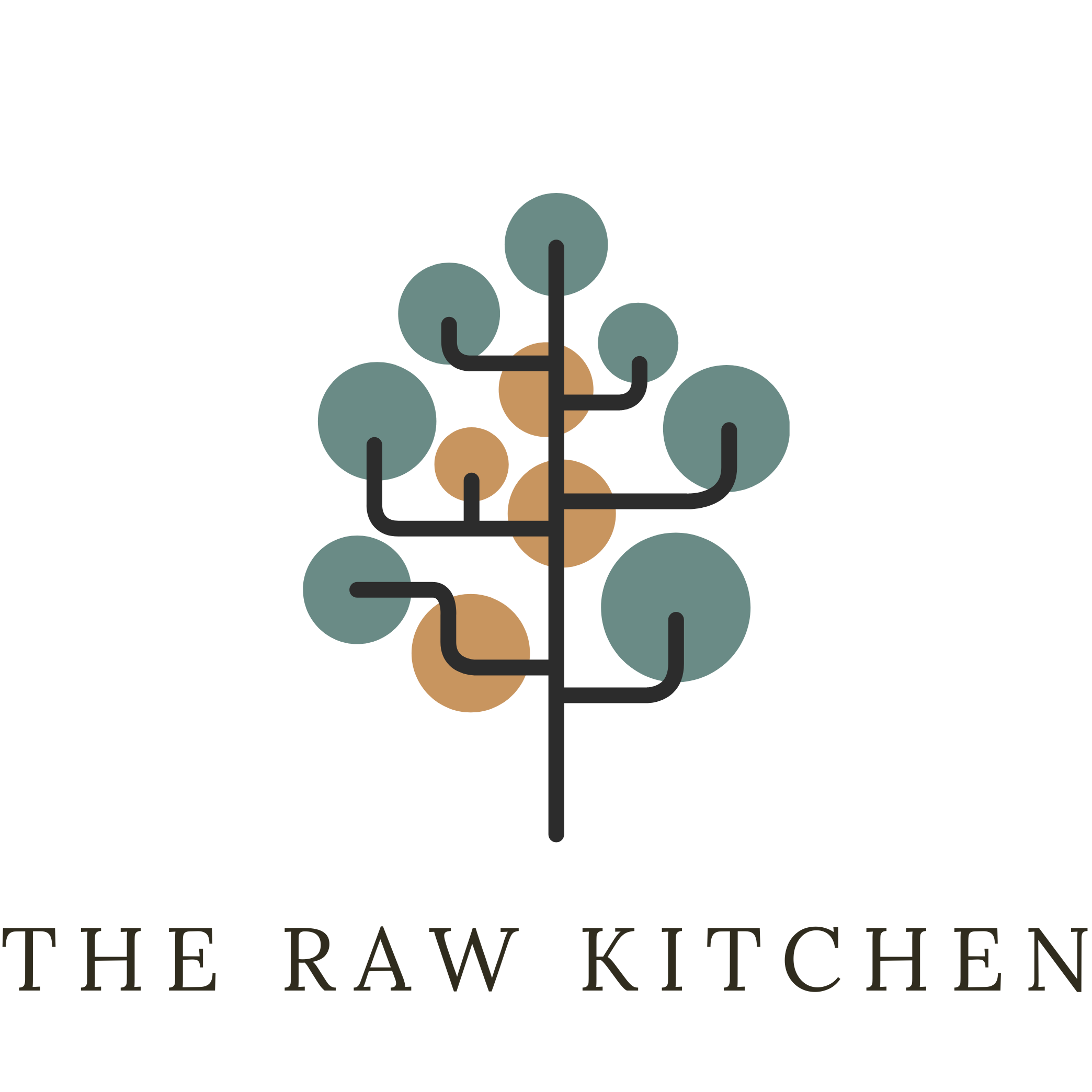
Does minimalism improve mental health?
In an increasingly complex and cluttered world, minimalism has emerged as a lifestyle choice that many people are embracing. At its core, minimalism involves simplifying life by reducing physical and mental clutter, focusing on what truly matters. But does this approach to living have a tangible impact on mental health?
Reduced Stress and Anxiety
Living in a cluttered environment can contribute to feelings of stress and anxiety. Studies have shown that a messy, disorganized space can make it harder to focus, increase cortisol levels (the stress hormone), and lead to feelings of overwhelm. By adopting minimalism and decluttering your living space, you create a more serene and organized environment, which can reduce stress and promote a sense of calm.
Minimalism also simplifies decision-making. With fewer possessions and commitments, you spend less time making decisions about what to wear, what to buy, or how to spend your time. This reduction in decision fatigue can significantly decrease anxiety and mental exhaustion, allowing you to focus more on the important aspects of life.
Enhanced Focus and Productivity
A minimalist lifestyle can lead to a clearer mind. By eliminating unnecessary distractions, you can improve your ability to concentrate and focus. This can enhance productivity and efficiency in both personal and professional tasks. With fewer distractions, you are better able to prioritize and complete tasks, leading to a greater sense of accomplishment and reduced stress.
Minimalism also encourages intentional living—making deliberate choices about how you spend your time and energy. This focus on intentionality can help you align your actions with your values and goals, leading to a more fulfilling and purposeful life. When your daily activities reflect your true priorities, you are likely to experience greater satisfaction and mental well-being.
Improved Emotional Health
Minimalism promotes the idea that happiness does not come from material possessions. By shifting your focus away from acquiring and maintaining material goods, you can reduce feelings of inadequacy and comparison that often accompany consumerism. This shift can lead to greater contentment and emotional stability, as you begin to find joy in experiences, relationships, and personal growth rather than in material wealth.
A minimalist approach encourages mindfulness and being present in the moment. With fewer distractions and a more intentional lifestyle, you can cultivate a deeper awareness of your thoughts, feelings, and surroundings. This mindfulness practice can reduce symptoms of anxiety and depression, enhance emotional regulation, and promote overall mental well-being.
Strengthened Relationships
Minimalism often leads to prioritizing quality over quantity, not just in possessions but also in relationships. By focusing on meaningful connections and spending more time with loved ones, you can strengthen your relationships and improve your social support network. Strong social connections are a key component of mental health, providing emotional support, reducing feelings of loneliness, and enhancing overall happiness.
Living minimally can also reduce social pressure. When you stop prioritizing material possessions, you may find it easier to resist societal pressures to keep up with trends and consumer culture. This can lead to a greater sense of freedom and authenticity in your interactions with others, reducing social stress and enhancing self-esteem.
Embracing minimalism can provide a whole host of mental health benefits. That being said, letting go of your habits and general way of life can be difficult, especially when everyone around you is not embracing the same approach. My advice would be to start small. Look at ways you can implement minimalism without it being a major change in your life. Get rid of some of the clothes you haven’t worn in ages, set yourself spending budgets so you don’t buy what you don’t need. Little changes go a long way.
By simplifying your life and focusing on what truly matters, you can create a more balanced and fulfilling existence. While minimalism is not a one-size-fits-all solution, its principles can be adapted to suit individual needs and circumstances, offering a path to improved mental health and overall well-being.



Leave a comment
This site is protected by hCaptcha and the hCaptcha Privacy Policy and Terms of Service apply.